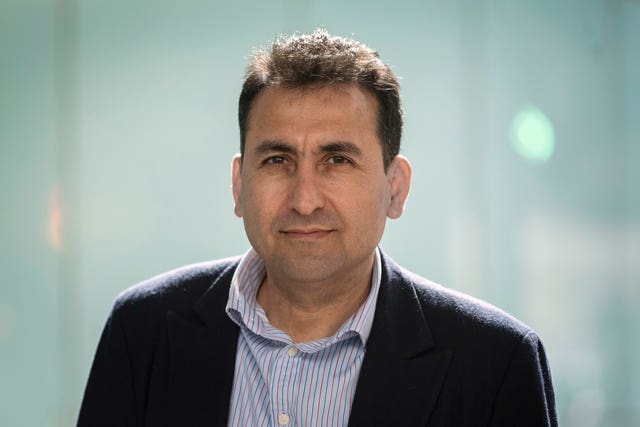WikiLeaks founder Julian Assange was “kidnapped” from the Ecuadorian embassy where he lived for almost seven years after being dragged out when his diplomatic asylum was removed, a former senior diplomat has said.
Fidel Narvaez, who worked at the London embassy as a consul for most of the time Assange lived there, launched a scathing attack on the decision by Ecuador President Lenin Moreno to allow police to enter the building and make an arrest earlier this month.
“It was basically a kidnapping. Julian did not walk out of the embassy of his own accord – he was dragged out by force, which is outrageous.”
Mr Narvaez said that following Mr Moreno’s election last year, staff at the embassy changed, and Assange basically became “persecuted”, denied access to the internet or phones and only allowed to see his lawyers.

“Surveillance cameras were installed, recording every meeting he had with his lawyers and doctors, which is a huge breach of his right to privacy, and violates the United Nations human rights charter.”
Mr Narvaez strongly refuted claims by Mr Moreno that Assange was disrespectful to embassy staff, did not clean up after himself or take care of his pet cat.
“It was a smear campaign, a smokescreen to cover up the fact that Ecuador was handing over a political refugee to be persecuted. That is a crime.”
Mr Narvaez said he believed the UK Government was never interested in resolving the impasse.
He added that he hopes Assange will be able to fight extradition to the United States where he faces being questioned over the activities of WikiLeaks.
A United Nations human rights expert visited Assange in Belmarsh prison in London on Thursday to assess allegations of possible violations of his right to privacy, and later met Ecuador’s ambassador in London.
Joe Cannataci, a UN Special Rapporteur on the right to privacy, had been due to meet the WikiLeaks founder inside the Ecuadorian embassy.
Mr Cannataci said that after Assange’s arrest on April 11, he sought and obtained the approval of the Government to interview him in custody.
“The objective of my visit is to assess allegations of possible violations against Mr Assange’s right to privacy.
“Any concern that I may have as a result of my assessment will be brought to the attention of the relevant government(s) in order to seek clarification and make recommendations for remedial action.”






